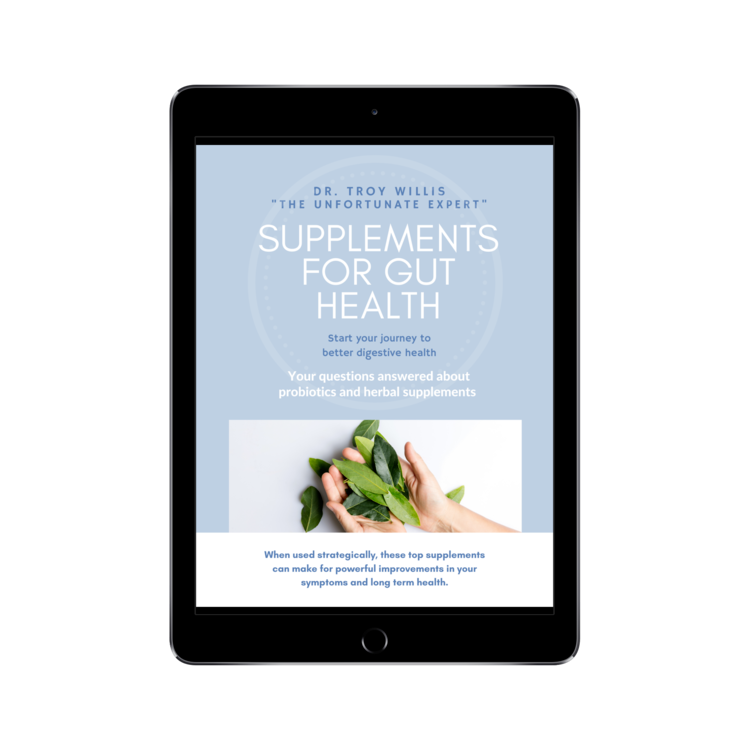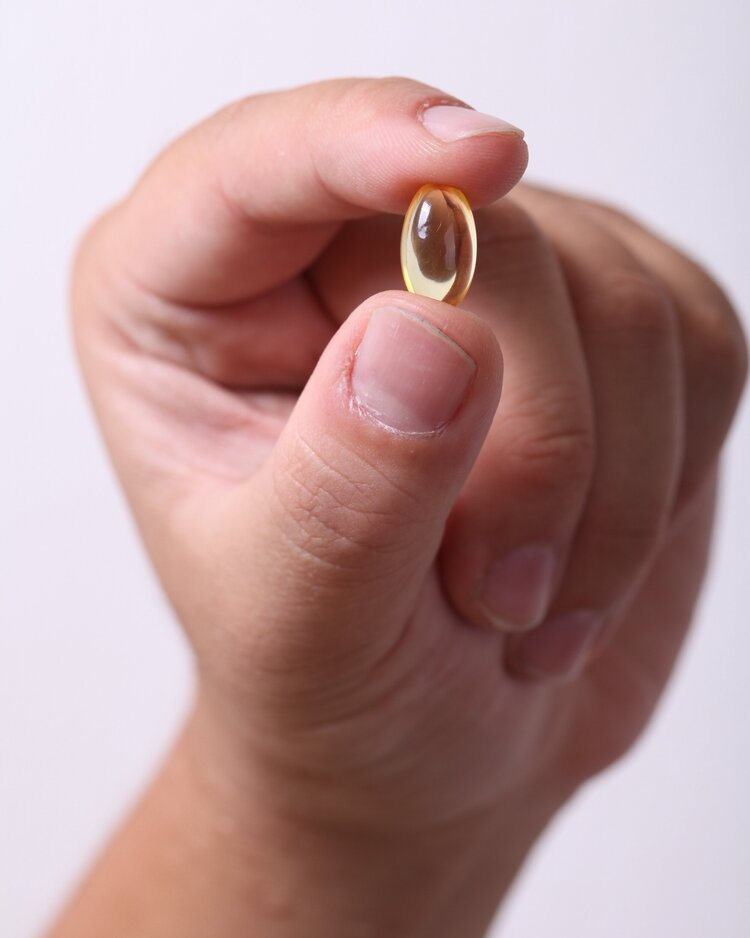Did you know that your gut talks to your brain? No, seriously. Your digestive system contains millions of neurons that communicate with your brain in order to keep things running smoothly—or not so smoothly. In fact, the gut is often referred to as “the second brain”.

Think for a minute… Have you ever been so stressed you just couldn’t eat? Or maybe you couldn’t stop eating? Has your stomach gotten upset on your way into a work meeting? Maybe you’ve experienced acid reflux or been nauseated after watching the news. This is your body talking to you. Often, however, we ignore these signs, chew some antacids or take some anti-diarrhea pills, and hope for the best. But it’s important to recognize that our digestive tract is directly impacted by the stress of our daily lives.
Of course, nutrition has a major effect on that gut/brain connection, but stress is also a major player in this connection. Research shows that stress can affect gut bacteria which, in turn, impacts energy and mood.
For many, digestive relief can be achieved through supplements and diet modifications. These are important pieces in the gut health puzzle. We might know, for example, that greasy foods can cause us diarrhea or caffeine gives us painful stomach cramps. We might try going without these items and see a change, but if stress is a regular part of your life, relief from symptoms could be short-lived.
Ways Stress Can Affect the Gut
Stress can:
-cause the food you’ve eaten to move more quickly through your body
-cause constipation and diarrhea
-can create painful air bubbles
-can cause indigestion
-can make the symptoms related to IBD and IBS more painful and frequent
If you’ve made some dietary changes but are still struggling with painful symptoms related to Crohn’s or Colitis, it might be time to consider whether or not you have a healthy outlet for the stress in your life.
If you need support as you come up with a game plan to address each important piece in the gut health puzzle, please don’t hesitate to reach out. I love talking with clients about what they’re facing and how we can get them on the right track to healing.

You can schedule your free Telehealth consultation here.
Happy healing!
Dr. Troy Willis
The Unfortunate Expert
The Unfortunate Expert





























































































































































